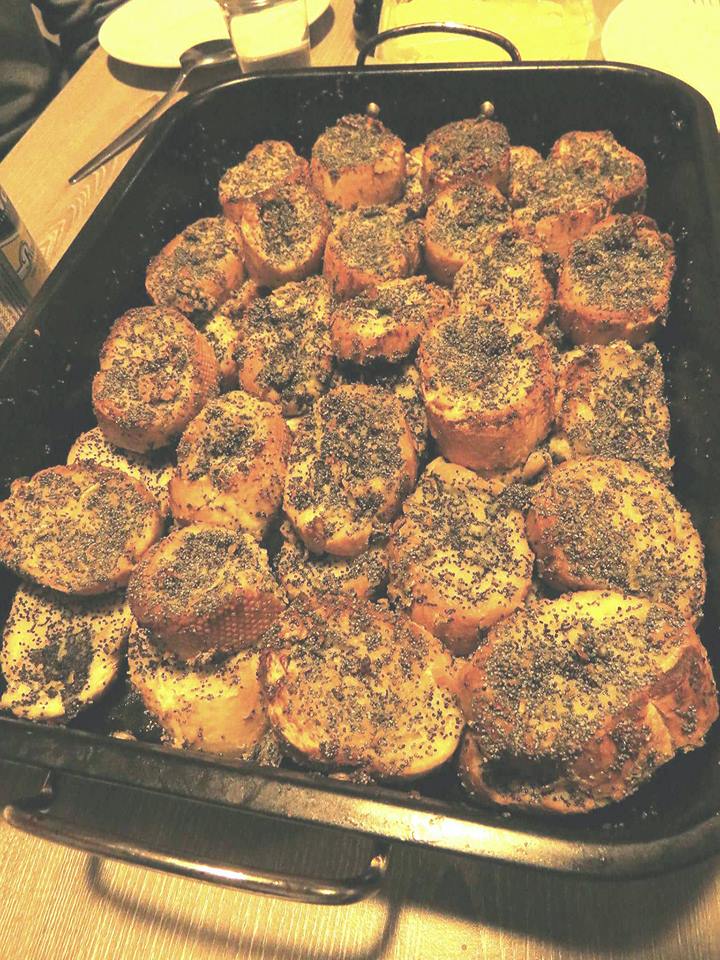The cooking traveler: Hungary
Who says that we can only be in one place at a time? Feeling the need to find a comfort zone in a foreign country, student Ilaria Corti, from Italy, talks about origins and traditions with other international students. All of this over a nice meal from their home country. For this first edition, she cooks with her Hungarian friend Lilla.
I am a real dessert lover, especially when cold weather is coming. Baking, in my opinion, is one of the cosiest practices you can engage in during a free November afternoon, or even when you are in such a busy period that some extra creative space is needed.
Baking is also something you can’t hide from your flatmates. So be ready to share this delicious dessert I’ve learnt from my Hungarian friend Lilla: mákos guba. I wouldn’t be able to pronounce it very well probably because the Hungarian language is so fascinating but at the same time obscure to me. Together with Finnish and Estonian it is a European language that does not belong to the Indo-European stump and to a non-native speaker many letters seem like two different sounds that blend together, unclear how one sound relates to the other. However, I find it really funny to try to speak a little bit and Lilla knows that. My favourite word is definitely lány, which means daughter (check google translate to get a correct pronunciation). Every time I meet Lilla I try to surprise her with a better pronunciation but with poor results; it’s also a nice word to say while taking group pictures.
But let’s get to the dessert. What really won my heart in mákos guba is a special ingredient it is made of: poppy seeds. I had never thought about using them in a dessert, but in Central-Europe poppy seeds are very popular and a symbol of luck and prosperity. Mákos guba is cooked especially during Christmas time but Lilla told me that, as every really appreciated food, it took over also in the rest of the year.

These are the ingredients for 4 people:
2 pieces of dry baguette-like rolls (Kifli is the name of the typical bread used in Hungary)
1 lemon
1½ cup of poppy seeds
3 cups of milk
1 cup of sugar
1 vanilla sugar
Heat the milk in a pot and slowly add the sugar, the vanilla sugar and the zelt of a lemon. Bring it to a boil and wait until it gets cool. Cut the bread into slices (about 1 cm thick). Put the slices into a large oven-friendly pot, pour the condensed milk over it and spread some poppy seeds. Bake for 20 minutes until it’s a bit crunchy on the top, but still soft in the middle. Serve with raspberry jam, vanilla vla or cream.
Super easy and super tasty.
Enjoy and see you soon!
Read Ilaria Corti's blogs here


